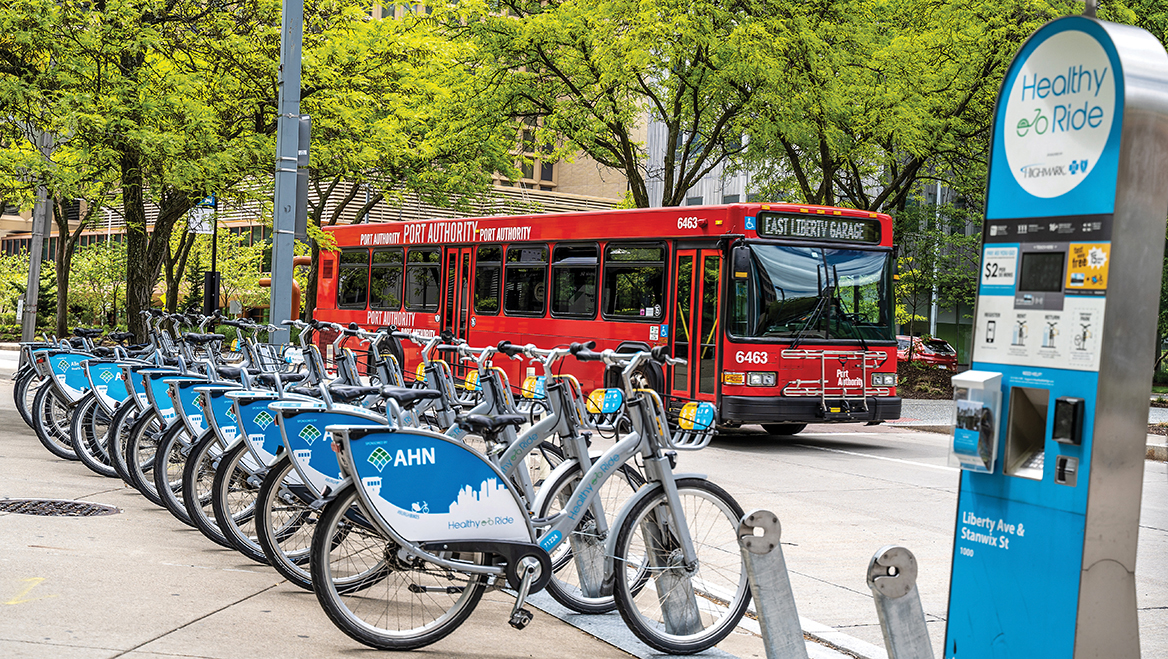Oakland, California, has launched a groundbreaking initiative to support low-income residents with public transportation costs. Building on a successful 2021 pilot program, the city will distribute prepaid debit cards to a thousand residents of West Oakland. Each card, valued at $320, is designated for use on public transit, according to an official statement released Thursday.

Eligibility and Distribution
To qualify for the program, participants must live or work in West Oakland and earn less than the area’s median income of $103,500. Despite the seemingly high threshold, the city has classified this income level as low-income. The cards will be issued on a first-come, first-served basis and can be used for various transit options, including Clipper cards and individual fares for BART, AC Transit, BayWheels bike share, Lime and VeoRide e-scooters, Amtrak, and other public transportation modes.
Background and Impact
The initiative is funded with a $400,000 budget and draws from the 2021 East Oakland pilot program, which provided up to $150 in prepaid cards to 500 residents. The earlier program reported significant changes in travel behavior among participants, with 40% altering their commuting habits and 23% driving alone less frequently.
Josh Rowan, a spokesperson for Oakland’s Department of Transportation, highlighted the financial struggles many West Oakland residents face regarding transportation costs. He emphasized the program’s dual benefits of promoting sustainable transit options and reducing reliance on automobiles, which in turn helps decrease road wear and tear.
Broader Context
Universal basic income has gained popularity in various California cities, including Pomona, as a means of supporting residents in financial need. However, universal basic mobility programs remain rare. A notable exception is a 2022 pilot in South Los Angeles, which provided $150 in transit credits to 2,000 residents.
The success of Oakland’s universal basic mobility program could set a precedent for other cities looking to address transportation affordability and sustainability.